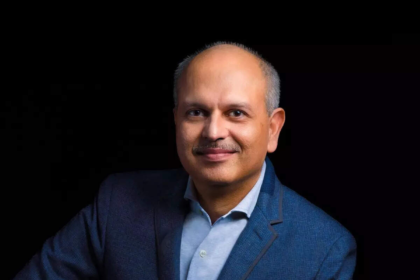Speaking here during the nationwide celebration of World Bioproduct Day – The BioE3 Way, Singh reiterated the government’s commitment to realising a $300 billion bioeconomy by 2030.
The minister said that India’s biotechnology ecosystem has grown from just around 50 start-ups a decade ago to nearly 11,000, a leap made possible by policy backing and institutional partnerships.
Singh said the BioE3 Policy lays the groundwork for India to lead in sustainable bio-manufacturing by aligning bioeconomy goals with environmental sustainability, economic growth, and equity.
“Bioproducts aren’t limited to laboratories anymore. They’re about livelihoods, from biodegradable packaging to eco-friendly personal care, from rural employment to green jobs,” he said.
He said that the future industrial revolution will be driven by bioeconomy, and India has taken the lead.
Singh also drew attention to the disparity in India’s past policy priorities, especially in agriculture, which he said was historically informed by Western models.
Stressing the untapped potential of India’s natural resources and traditional knowledge systems, he said, “Foreign researchers come to India for what they don’t have – our resources and diversity. We should learn to value them first.”













